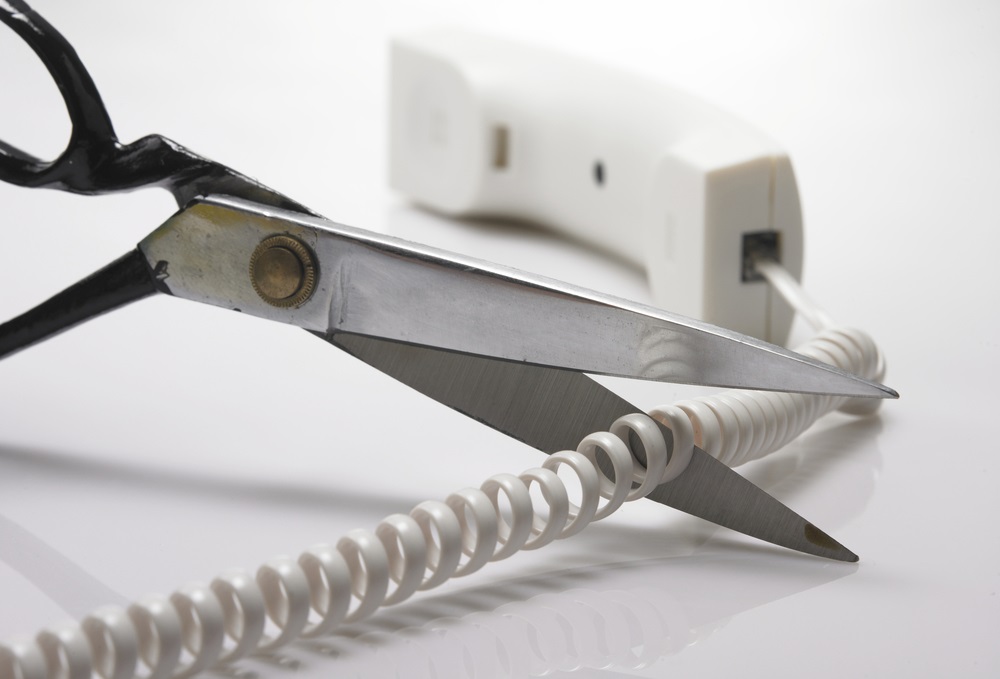Comprehensive vs. Collision: Shopping Cart Blown by Wind into Car

By: Big “I” Virtual University Faculty
An insured parked his car in a Target parking lot on a very windy night, purposely parking far away from other cars and objects so that nothing would be blown into his car. Nonetheless, a Target shopping cart was blown about 30 yards across the lot into his car, causing $2,000 in damage. Target has a video of this taking place from its surveillance footage.
The agent submitted the claim as a comprehensive loss because the personal auto policy has an exception to collision coverage if the damage is caused by a windstorm. The agent believes the PAP is clear in indicating that damage caused by a windstorm would be an exception to collision. It was very windy that evening, and it’s obvious the cart was moving because of the wind.
However, the adjuster does not believe the loss was caused by a windstorm. The adjuster seems to think that the object has to be turned into a falling object to be classified as a windstorm comprehensive loss. The insured has a $100 comprehensive deductible, but a $1,000 collision deductible.
Q: Is damage from a shopping cart blown into a car by a gust of wind a comprehensive loss or a collision loss?
Response 1: The policy states:
Loss caused by the following is considered other than “collision”:
5. Windstorm;
“Windstorm” is not defined by the policy. Cornell Law School defines “windstorm” as: “any storm with a damaging or destructive wind component, such as a hurricane, tropical storm, northeaster, tornado, or thunderstorm.”
The shopping cart would not have been propelled across the parking lot “but for” the effect of the wind that pushed it into the insured’s auto. Since the wind did cause damage, it clearly had a “damaging or destructive wind component.” Wind was the proximate cause of the loss, and that is “other than ‘collision'”—meaning, not collision.
There is no requirement in the policy that says a windstorm has to produce a falling object in order for the windstorm to be the cause of the loss. The policy does list “missiles or falling objects” as “other than ‘collision'” causes of loss, but they are not tied to being caused by a windstorm.
If a strong enough windstorm blew another automobile into the insured’s automobile, then that is no longer collision according to the policy, even though it is an auto hitting an auto.
Response 2: The high winds were clearly the proximate cause of the loss. A generally accepted definition of a windstorm is one where the winds exceed 34 mph. If the insurer does not consider this a windstorm, it should provide some proof that the winds did not exceed this.
Absent some more restrictive legal definition of windstorm that would apply and some proof that the winds didn’t exceed that, the insurer should give the benefit of the doubt to the insured and pay the loss under comprehensive or “other than collision.”
Response 3: It sounds as if there is clear evidence—including a video of the event—that the proximate cause of this loss was a windstorm, and thus should be covered as a comprehensive claim. It is of course a question of fact, but, from your narrative, the adjuster has little to no evidence on their side and the insured has plenty.
If it hasn’t been escalated to the person in charge of claims, it should be. If it already has, and the company’s stance remains the same, I’d take it to the insurance department’s consumer division.
Response 4: In my many years of insurance questions and situations, I have learned that shopping carts hitting cars in parking lots or on the street are considered a collision loss. Nice try with the “caused by wind” but I agree with the adjuster. Whether the wind pushed the cart, another car nudged it into action or another shopper lost control of a cart, it all boils down to “hit by shopping cart,” which is a collision loss in all of my experience.
The usual definition of comprehensive coverage is “caused by other than collision,” and this damage was indeed caused by a collision of a shopping cart into the insured’s car. So this loss cannot be considered a comprehensive loss.
Response 5: The trick is the placement of the quotation marks when the policy states, “Loss caused by the following is considered other than ‘collision,'” and then goes on to list 10 causes of loss that would be considered so, one of which is windstorm. The adjuster is making the common mistake of thinking that only the 10 causes of loss listed would be considered “other than collision.”
But the policy doesn’t say, “is considered ‘other than collision.'” It says, “is considered other than ‘collision.'”
If it did state the former, it would mean that the list of 10 causes of loss made up the definition of “other than collision.” But it does not, and the policy does not provide us a definition of “other than collision,” only for “collision.” Lots of losses can be paid under “other than collision” without having to match up with one of the items listed.
This question was originally submitted by an agent through the Big “I” Virtual University’s (VU) Ask an Expert service, with responses curated from multiple VU faculty members. Answers to other coverage questions are available on the VU website. If you need help accessing the website, request login information.
This article is intended for general informational purposes only, and any opinions expressed are solely those of the author(s). The article is provided “as is” with no warranties or representations of any kind, and any liability is disclaimed that is in any way connected to reliance on or use of the information contained therein. The article is not intended to constitute and should not be considered legal or other professional advice, nor shall it serve as a substitute for obtaining such advice. If specific expert advice is required or desired, the services of an appropriate, competent professional, such as an attorney or accountant, should be sought.










